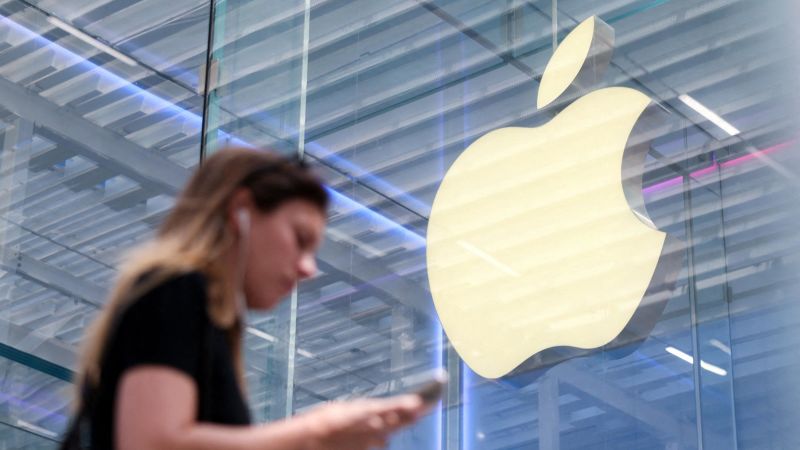Apple is reportedly contemplating a significant transformation of the Safari web browser to enhance its capabilities, particularly by shifting focus towards AI-powered search engines. According to a recent report from Bloomberg News, this strategic move may potentially undermine Google’s longstanding dominance in the lucrative search engine market—a sector that has historically been a cornerstone of Google’s revenue generation.
Eddy Cue, an executive at Apple, has provided testimony in the ongoing antitrust case brought against Alphabet, Google’s parent company, by the U.S. Justice Department. During this testimony, Cue indicated a notable dip in search queries conducted via Safari for the first time last month, a trend he attributes to a growing number of users opting for AI-based search tools. This shift signifies changing user preferences, suggesting that traditional search engines may be facing increasing obsolescence as innovative AI solutions attract users’ attention.
Currently, Google holds the default search engine position on Apple’s Safari browser. This coveted role is not without its financial implications; reports estimate that Google pays Apple approximately $20 billion annually for this privilege, which constitutes around 36% of Google’s search advertising revenue earned through Safari. If Apple decides to overhaul Safari with a focus on AI search engines, the potential ramifications for Google could manifest in considerable financial impacts, especially as the company is already grappling with fierce competition from emerging AI startups like OpenAI and Perplexity AI.
Amid these dynamics, Apple has begun forging partnerships with leading AI companies. Notably, it has aligned with OpenAI, integrating ChatGPT as an alternative within the Siri interface. Concurrently, Google is in the process of negotiating an agreement to incorporate its advanced Gemini AI technology into Apple’s latest devices, an initiative it aims to finalize by mid-year. This competition not only heightens the stakes for both tech giants but also positions AI-driven search engines as pivotal players in the future of online searching.
Market reactions to these developments have been telling. Following the revelations from Cue’s testimony, Alphabet’s stock experienced a notable decline of 6%, while Apple shares fell approximately 2%. As for the Department of Justice (DoJ), both companies have refrained from commenting publicly on these unfolding circumstances.
In his testimony, Cue expressed a strong belief that AI search service providers—like OpenAI and Perplexity AI—are on track to supplant conventional search engines such as Google, indicating that Apple plans to incorporate these alternatives into Safari in the future. He remarked, “We will add them to the list – they probably won’t be the default,” implying that Apple values diversifying search options available to its users.
In the midst of these shifting tides, Google has made efforts to reassure anxious investors about the positive returns its AI investments are yielding, particularly within its advertising division, after an impressive first-quarter performance that exceeded revenue and profit expectations. Despite these attempts to stabilize investor confidence, analysts remain cautious regarding potential threats to Google’s supremacy. D.A. Davidson analyst Gil Luria emphasized that losing exclusivity as the default search engine on Apple’s devices could have dire consequences for Google, especially without further strategic measures.
Luria pointed to the current nature of Google’s monopoly in search advertising, estimating its market share at nearly 90%. He warned that if viable alternative search engines were to emerge, it would empower numerous advertisers to redirect substantial portions of their ad spend from Google to other platforms, thereby disrupting the current paradigms of online advertising.
This transformative moment in the tech landscape illustrates ongoing shifts as user preferences evolve, propelling companies like Apple to innovate in response to heightened competition. As the boundaries between traditional search engines and AI capabilities blur, the anticipation surrounding the next phases of this competitive saga remains palpable.



